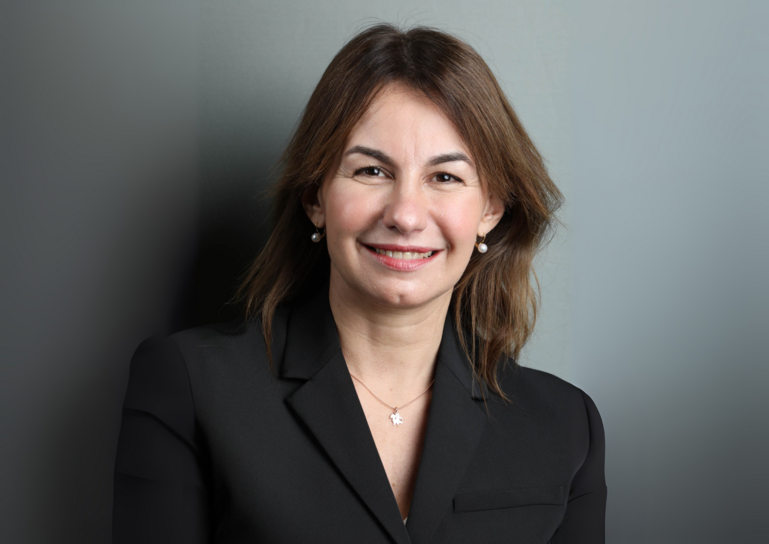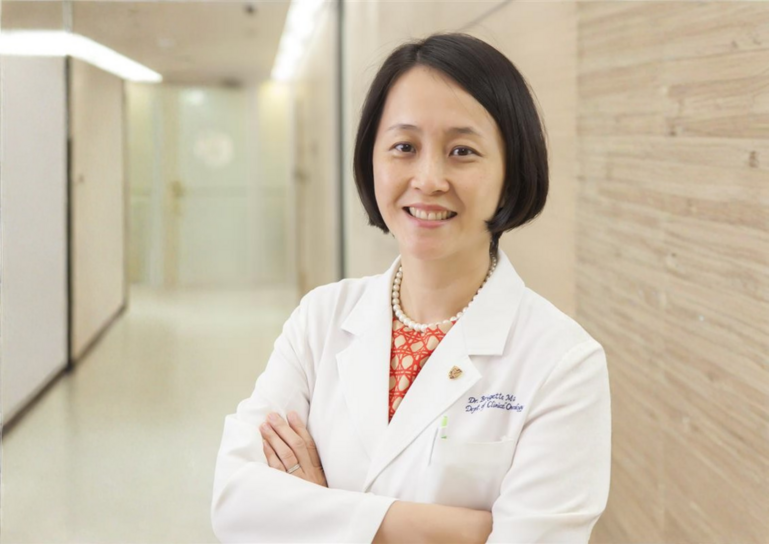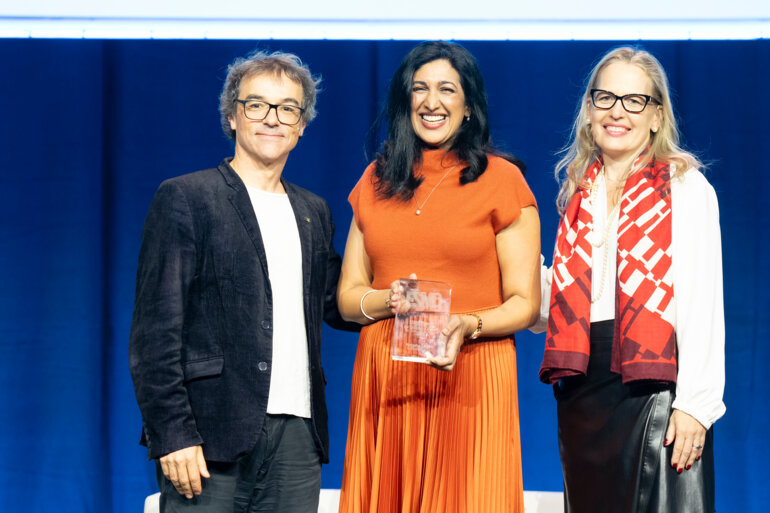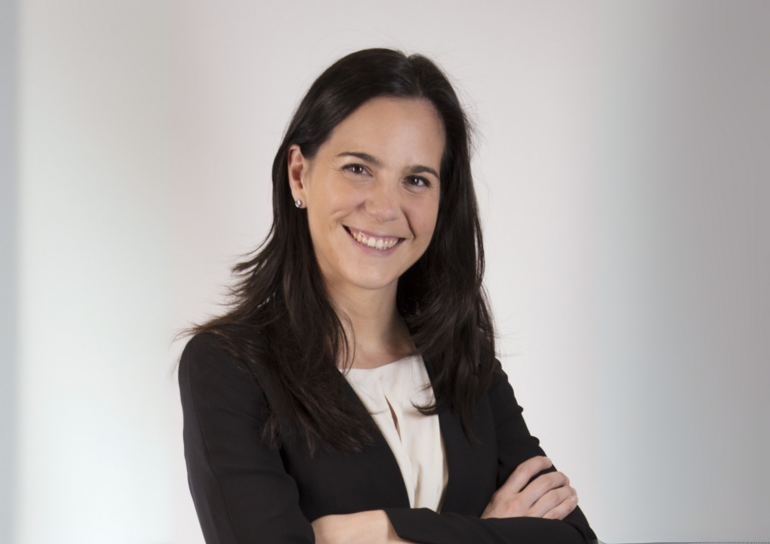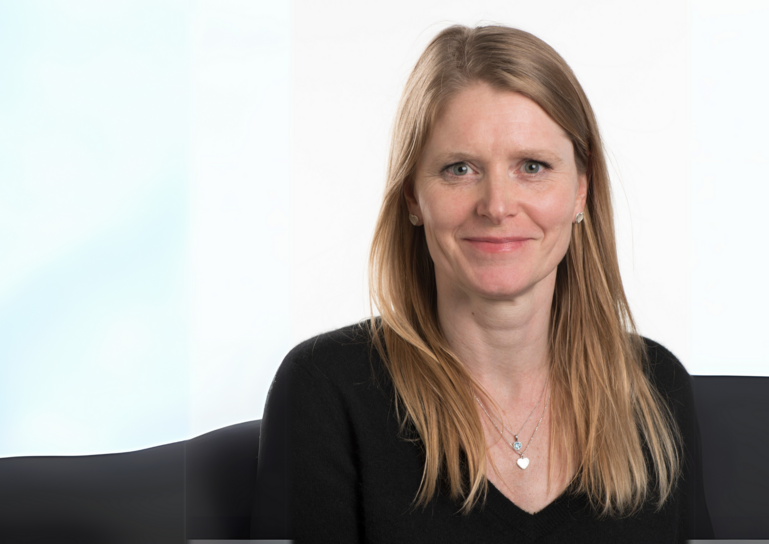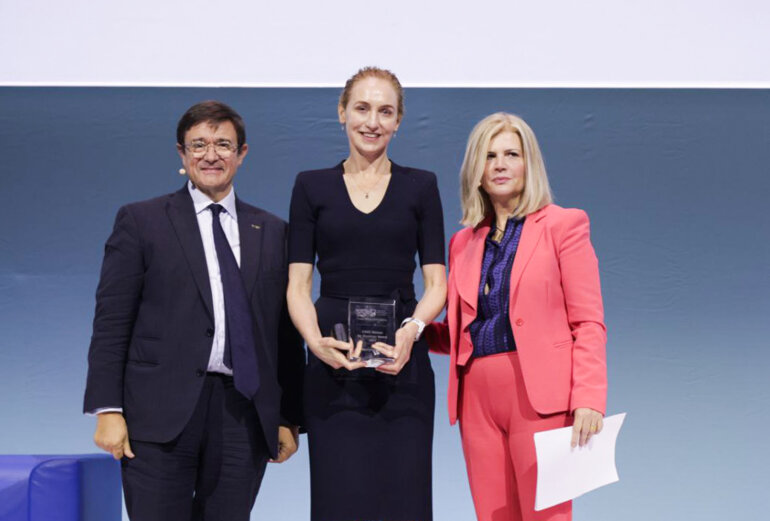Reflecting on her transatlantic journey from Italy to the United States of America, Prof. Marina Chiara Garassino shares the key lessons that continue to influence her leadership style
In the second episode of ‘Diary of an oncology leader’, a video series produced under the ESMO Women for Oncology (W4O) initiative to inspire and empower the next generation of professionals, Prof. Jarushka Naidoo, Beaumont RCSI Cancer Centre, Dublin, Ireland, and member of the W4O Committee, dialogues with Marina Chiara Garassino, Professor of Medicine and Thoracic Program Director, University of Chicago, Chicago, United States of America (U.S.).
So, Marina, you have a very interesting career that has spanned both Italy and the United States, and you are also a clinical trialist. Can you tell us what you have learned from this journey?
I was surprised by how different the culture is in Europe and in the U.S., and how leadership styles also differ between the two countries. There are clearly good aspects in both societies. What the U.S. taught me is to think big while sometimes in Europe you think that you can do small projects, although there is more creativity and less bureaucracy. The best would be to stay in the middle: merging the creativity nurtured in Europe with the infrastructure available in the U.S.
You were a founding member of Women for Oncology Italy, a spin-off of ESMO W4O, and you still serve as its president. What motivated you to do this?
We founded Women for Oncology Italy (W4O Italy) almost twelve years ago. At the time, there were only 5% of women who were in leadership positions. We started this programme with the idea of developing leadership skills, but we also ended up creating a community of women working in oncology. W4O Italy counts about 800 female oncology professionals in Italy now, very linked one to the other. What is incredible is that we are truly helping each other. We have really created a community of women that is not just for women, it is open to anyone who wants to join. With the idea to preserve the merit, which is the basis of our society, now the situation for female oncology professionals has improved through education and sponsorship opportunities. For example, we have witnessed many women getting professorships or becoming directors of oncology programmes. The community helps each other to grow and raise the new generation of medical oncologists. So, it has been a great experience, and despite I live in the U.S. now, I remain involved – I am like the “grandmother” of W4O Italy.
What advice would you give to a young leader who wants to develop a Women for Oncology group in a new country?
First of all, my advice would be to just start, because if you do not start, you will not go anywhere. Twelve years ago, I called all my friends and asked: “why do not we do a Women for Oncology group?” And they did the same with their respective friends, not just in lung cancer but also in other cancer specialties. There was a strong consensus that allowed the situation to develop quickly. So, the take-home message is: once you take the first step, you may be surprised by how much consensus you can build around your effort.
Reflecting on your career journey, how do you think all of these achievements and initiatives have helped you to overcome the challenges related to being a female oncology professional?
There are many female leaders in both the U.S. and in Europe who helped me to develop my skills, my leadership style and also to put my ideas into practice. Asking for help is always a good thing, and helping others in return: I believe this is the key of the success.


